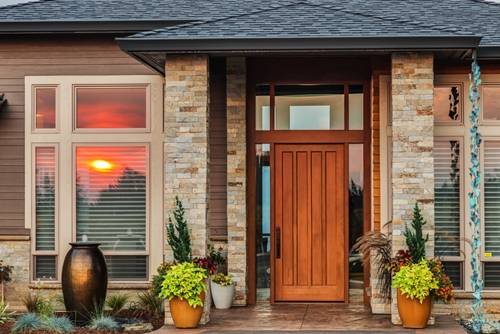Flipping houses has once again become popular in the U. S. As the housing market continues to improve and strengthen, many individuals are turning to this unique way to make some money. Follow these four tips if you’re interested in trying out this trend yourself:
1. Become Familiar with the Market
One thing you need to understand is the local market, noted CNBC. Knowing whether it’s a good time to invest in housing, if demand for homes in the area is high and what a reasonable listing price is can help you decide whether flipping a home is a viable option for your current financial situation. In addition, it’s important to consider what buyers in the area are looking for in a new home. This will help dictate what renovations are made as well as the stylistic choices made throughout the process. A professional real estate agent can help you become more familiar with current market conditions in the area where you are looking to purchase and flip a home. Consider enlisting an agent’s help to make sure you have a better understanding and to heighten the potential for success.
2. Check out Comparables
According to Houseflippingschool. com, one way to evaluate the market is by looking over comparables, often referred to as comps. By analyzing comps, you can see other homes in the same neighborhood that have the same number of rooms, features and style and how much they sold for. This helps a flipper determine exactly how much they might be able to make after the flip.
3. Crunch the Numbers
While flipping homes has been known to result in impressive returns, you should always make sure you know the risks and whether you feel comfortable taking those risks. This endeavor doesn’t always end with success. It’s important to come to terms with that and you should only move forward if you still feel comfortable with losses, if the flip is not fruitful. CNBC indicated some of the factors you should consider include material, labor and marketing of the property.
4. Buy Materials on Sale
When flipping a home, the cost of materials can really add up. You can save money by buying materials or other features, such as sinks or light fixtures, and storing them until you need them for a home. Consider renting a storage unit and capitalizing on discounted building materials, without the restrictions of space. Head to a SecurCare Self Storage facility and find out how we can meet your unique storage needs.
